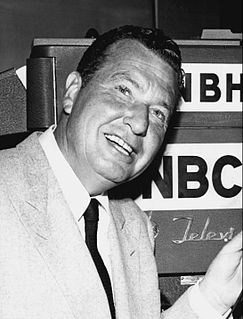A Quote by Hilary Kornblith
What I hankered for was an account of knowledge which would do far more than get our intuitions about cases right; I wanted a kind of account which would somehow be explanatory.
Related Quotes
I go further, and affirm that bills of rights, in the sense and to the extent in which they are contended for, are not only unnecessary in the proposed Constitution, but would even be dangerous. They would contain various exceptions to powers not granted; and on this very account, would afford a colorable pretext to claim more than were granted. For why declare that things shall not be done which there is no power to do?
The more closely the author thinks of why he wrote, the more he comes to regard his imagination as a kind of self-generating cement which glued his facts together, and his emotions as a kind of dark and obscure designer of those facts. Reluctantly, he comes to the conclusion that to account for his book is to account for his life.
More than anything else, though, to anyone who would write about it, golf offers a four-hour drama in two acts, which becomes memorable even in the tape-recorded reminiscenses of old champs, and which - in the hands of someone like Herb Wind - can become a piece of war correspondence as artfully controlled as Alan Morehead's account of Gallipoli.
Bealer argues that the kind of naturalistic view which Quine holds will rob him of the ability to make the normative claims which (many) naturalists wish to make in epistemology. I don't think this is right about Quine, but I'm certain it's not right about my own view. To the extent that I can show that talk of knowledge is firmly rooted within empirical theories where it plays an important explanatory role, I thereby demonstrate its naturalistic credentials.
































